https://twitter.com/ErikVoorhees/status/1798002518016110764
[Intro]
I have the honor of introducing tonight's keynote speaker. I'll keep this short. Erik Voorhees is a rare breed. He's a true believer in the principles behind crypto. He's been here the whole time, always guided by the same vision. Now, at this moment of great change for our community, I am personally very much looking forward to what he has to say. So please join me in welcoming Erik Voorhees.
[Erik]
Alrighty. So over at my table, Riva offered to donate $1000 to Coin Center if I came up here and made the sound of a cat. She didn't think I would do it. "Meow"
Jerry, spend that money wisely. Alright, alright, so...
I'm Erik Voorhees, two-time SEC award winner. I've been to most of the Coin Center Galas. I remember being at the first one years ago in New York at the plaza hotel. And I remember back then, being a little awed at the extravagance. It was the first gala I had been to. And I was hoping back then that one day I would have the opportunity to give the keynote at such an event. To stand in front of all these people that I respect and to speak from my heart about this movement for which I care so deeply. So it is now the 10th anniversary of this event, and it is an honor to be here, and I am grateful.
And it's also an election year. It's an election year, isn't that great. Democracy's divine providence now rests squarely once again on our shoulders. Friends, fellow citizens, over the coming months through our considered debate, through our thoughtful reflection, through our nuanced application of 2,000 years of Western philosophical tradition. We hold the standard bearers of our democracy: Joseph Biden Jr and Donald John Trump. These two illustrious men have risen to prominence yet again from our great nation of 350 million people.
And as Americans, the decision in front of us is an important one. For who will we choose to lead us in spending the next $10 trillion dollars? Half of which will come out of the pockets of our own children. To help us decide on which path to ruinous bankruptcy we prefer, over the coming months we will enjoy a succulent onslaught of political messaging. We will consume hyperbole and sophistry on a grand scale. We will be seduced with promises. We will be compelled toward hatred of one class or another. And then we will be comforted that those institutions that have never solved our problems before will, with magic solve them this time.
But it is easy to be cynical, and the cynic builds nothing. So before going too far down that cynical path toward the city never constructed, let's take a moment to be grateful for the world that is actually around us. For the world that has actually been built. And we should ask ourselves, "How did this come to be? How did we get to this state of relative abundance which across every thankful day we get to enjoy?" Well, the past left us messages to show what humans are capable of. There are clues in our history if we look.
Months from now, when the inauguration of the new president is televised, I want you to notice what adorns that ceremony. Flags, symbols, sacred inscriptions, sacred oaths, procedures and traditions hundreds of years old, many of which date back to earlier than our nation's founding. And there's a reason that the government rituals are imbued with these symbols of America's founding. It invokes those virtuous principles upon which this country was built, and associates them with the current administration. But to accept this association is to permit a form of kleptocracy to occur, for even our history may be stolen from us. Indeed there is a strange irony in today's immense Federal bureaucracy invoking the symbolism of America's birth. What was this founding actually about? And we should consider this origin more often than we do. Drinking from the spring of history can be a rejuvenating antidote to the cynicism.
Let's remember that America's birth in 1776 was not the founding of a government at all. But rather it was the establishment of a people as independent from government. It was an historic moment of declared freedom. Of secession from empire. It was not a pledge of allegiance. It was a protest against it. And anyone who loves this country must acknowledge and reflect on the fact that our genesis was one of rebellion. Of course that rebellion was not merely illegal. It was actually treason. Strong words. Treason carries a heavy stigma. And yet - and yet, I doubt there's a person here tonight that views the actions of those American founders as wrong. In fact, and consider this point carefully, I bet even most of those who work in the government today believe in the same virtue of that founding. If you polled every politician, every regulator, every staffer on The Hill, and asked "Do you believe that America's Declaration of Independence was virtuous or sinister?" I bet nearly all would say it was virtuous. And yet, it was an explicit rebellion against the very type of centralized authority that they have chosen as their career path.
But, let's not dwell on that contradiction. Indeed they certainly haven't. Instead, let's appreciate that here, deep down in America's history, we actually uncover some common ground. For even though politics feels divisive, we do have the shared belief in our genesis. And Bitcoiners of all people should understand how important a genesis can be.
Surely, as the crypto community, we should build upon this common ground to make the moral case for sound money and open decentralized finance. And this moral case is an extremely powerful one. It stretches back deep into our societal history, on a journey that predates America's founding, and transcends politics altogether. It is a journey which if we look closely even connects us with the divine. Let's reflect that over a couple hundred years prior to independence, prior to secession, a culture of liberty emerged in what was then a set of remote British colonies.
Rothbard wrote a 4-volume set - A history of this period titled, "Conceived in Liberty." To pull on but one thread of that master work, this early culture of individual liberty was influenced by the Protestant ethos, of the individual man having a direct relationship with God. Of removing, or at least ignoring, the intermediary of an institutionalized Church. God was no less important to the Protestants. But in their view, the human intermediaries navigating the relationship with God were unnecessary at best, and often corrupt and self-serving. The Catholic Church as intermediary was more focused on compliance with its rules, and in the rent-seeking that such enforcement invited, than it was in serving the spiritual needs of its people. Those needs, it turned out, needed no intermediaries at all. Emerging largely from that Protestant tradition, the early American colonists were in a new land, a new frontier. They enjoyed a physical distance from Old World institutions, making enforcement of prior norms more difficult. In such an environment, a radical culture of free-thinking and individualism emerged. There was a skepticism of central authority. And this was no belligerent adolescent protest. This was a considered, philosophical position among men of character, and men of mind. Builders on a new frontier with a skepticism of central authority. Does this sound familiar to any of you?
Today, "Crypto" expresses a very similar ethos of the individual man having direct relationship, this time not with God, but with money. And before you dismiss matters of money as perhaps trite or inelegant, we can at least agree that its influence is similarly potent. Both God and money are among the greatest influences of individuals, of families, and of entire civilizations. The Protestant struggle was with the Catholic Church as intermediary to God. The early colonial struggle was with the British Crown as intermediary to governance. Our struggle is with the Central Bank as intermediary to money. And just as the Protestants stepped aside their intermediaries and so obtained a truer relationship with God, so too do we now step aside our intermediaries and obtain a truer relationship with money. Both acts virtuous. Both acts heroic. And in both cases, the rebels that sought disintermediation were condemned as sinners and criminals. Their crime? Having an individual relationship with God, and having an individual relationship with money.
The revolution back then was the Bible kept by the bedside. The revolution today is the Bitcoin kept in the seed phrase. Private and permission-less in both cases. But should man have a right to either? Then, as now, those in power say no. And let's remember that the Protestant effort to bypass the intermediary of their day was wickedly controversial. Wars were fought. Many died. Many were tortured. Many lives were ruined and immense suffering occurred as that institution demanded a continuation of its control. We should be grateful that the treasury department has not yet resorted to such degree of barbarism as it loses its own.
And yet, the separation of Church and State is no longer controversial. Each of you is permitted whatever relationship with God you desire. You can facilitate your own religious activities by yourself, or with others, without license, without restriction, and without persecution. There is nothing to comply with. For in this, you are free.
With time and with the efforts and sacrifices of those in this room, the separation of Money and State may appear similarly benign. Each of you may be permitted whatever relationship with money you desire. Facilitating your own financial activities by yourself, or with others without license, without restriction, and without persecution. May there be nothing to be comply with. And then here too, you will be free.
And despite the violent protests of the intermediaries, the world will be just fine. Not only can society can handle this freedom, it will thrive upon it. But first, a grand struggle for the disintermediation of money. And I think many of you will agree with me on this next point. That it is in America that the struggle must occur. I know Jerry agrees with that. I know Ryan Selkis agrees with that. I know Hester Peirce agrees with that. It is in America that this struggle must occur. There is nowhere else with sufficient philosophical heritage. There is nowhere else that has so loudly in the past proclaimed unequivocally the virtue of the individual over the collective. Not every battle must be won here. But the war will end here, for better or for worse. And there is reason to be hopeful.
America's great gift to the world was an unapologetic and radical expression of a certain philosophy: That of the individual and her innate sovereignty. It's the idea that there is a sacred sphere around the individual which is appropriately beyond interference. Laws may be created, sure. But only up to the doorstep of the sovereign individual. There is a threshold there that in a just world, neither the tyranny of kings, nor the tyranny of the voter, may violate.
This was a truly radical idea and it was wholly American. Previously, the individual had always been under the omnipotent yoke of a ruler, and made subordinate to the collective without limit. It was the natural way of things for most of human history. And surely, most reasonable people assumed that it always would be. And while we can debate how necessary it was for man to pass through these stages of political development, a bunch of wild and romantic East coast colonists in the 18th century dared to suggest a better way. That suggestion—of the sanctity of the individual and her freedom from institutionalized coercion—was America's gift to the world. No other country has ever expressed it with resolute commitment. That is why the fight will end here. And to be sure, America has lost much of this commitment, succumbing to all the seductive ills of collectivism over the past century. Sadly, 1984 and Atlas Shrugged were not works of fiction. But the principle of the sacred individual, which arose from deep within our history, is indelibly woven through our culture even if we have forgotten it. And with great effort, perhaps, it can be reanimated.
"Crypto" for so many of us has reanimated this principle. And when trying to find common ground, remember that most people, even in the government, would agree that America's inaugural Declaration was virtuous. Our work is only to demonstrate that "Crypto" represents a Declaration of the very same kind, one of independence.
As we reflect on our history, we should recognize that the very same DNA which has previously inspired American independence now runs in our blood. We must honor this heritage. Jerry, Coin Center's work deeply honors this heritage.
So, my dear friends. Do not let the intermediaries convince you that they are essential. Do not acquiesce to their presumed authority. Do not let those who blight the land with paper and propaganda sit for even a moment on the moral throne. They are pretenders and those who are just will walk around them. If the Protestants can shake off the Catholic Church, and the colonists can shake off the British Crown, perhaps... perhaps with great fortitude and conviction we can shake off Warren and her Potemkin army. Harder fights have definitely been won. But as our cause grows, so will the battles. And before we move into that fog that awaits us, I want you to take a look at the faces around you at the table. Take a look right now at everyone around you. This room, this room is an expression of the beauty of market forces. This gathering exemplifies the magic of spontaneous order and of what can be achieved by committed individuals in civil society. And we are winning.
Remember that we are building out of nothing and without permission an entirely new foundation for the economic action of man. We are building the most robust mechanism of virtuous capitalism ever conceived. We are enabling man to have a direct relationship with his own economic value and that of his fellows. We offer it peacefully. We impose on no one. We demand nothing. Ours is a project of virtue and we must complete it. So after tonight, after the wine and the wonder of a special evening together, we will enter that fiery forge once more. We will endure that heat of our creation. Many in this room have been on this journey for over a decade. Many have been persecuted for daring to dis-intermediate. And many are understandably weary. But, my friends, we are winning. And I want you to take comfort, for we have at our backs the warm winds of American liberty.
"Crypto" is after all, an expression of this country's greatest ideals. An open and objective financial system, for an open and objective society. It is not a system which will be permitted in China. It is not the system that will be permitted in Russia. But it must be permitted in the United States of America. Our heritage demands it. So it is here in America that we will fight. And it is for American principle that we are fighting.
From John F Kennedy, "The cruelties and obstacles of this swiftly changing planet will not yield to obsolete dogmas and outworn slogans. They cannot be moved by those who cling to a present that is already dying. Who prefer the illusion of security, to the excitement and the danger that come with even the most peaceful progress."
I want to thank Coin Center for bringing us together tonight. A toast to history, to bravery, to peaceful progress, and to the fiery heat of American creation. Cheers.
[link] [comments]

You can get bonuses upto $100 FREE BONUS when you:
💰 Install these recommended apps:
💲 SocialGood - 100% Crypto Back on Everyday Shopping
💲 xPortal - The DeFi For The Next Billion
💲 CryptoTab Browser - Lightweight, fast, and ready to mine!
💰 Register on these recommended exchanges:
🟡 Binance🟡 Bitfinex🟡 Bitmart🟡 Bittrex🟡 Bitget
🟡 CoinEx🟡 Crypto.com🟡 Gate.io🟡 Huobi🟡 Kucoin.






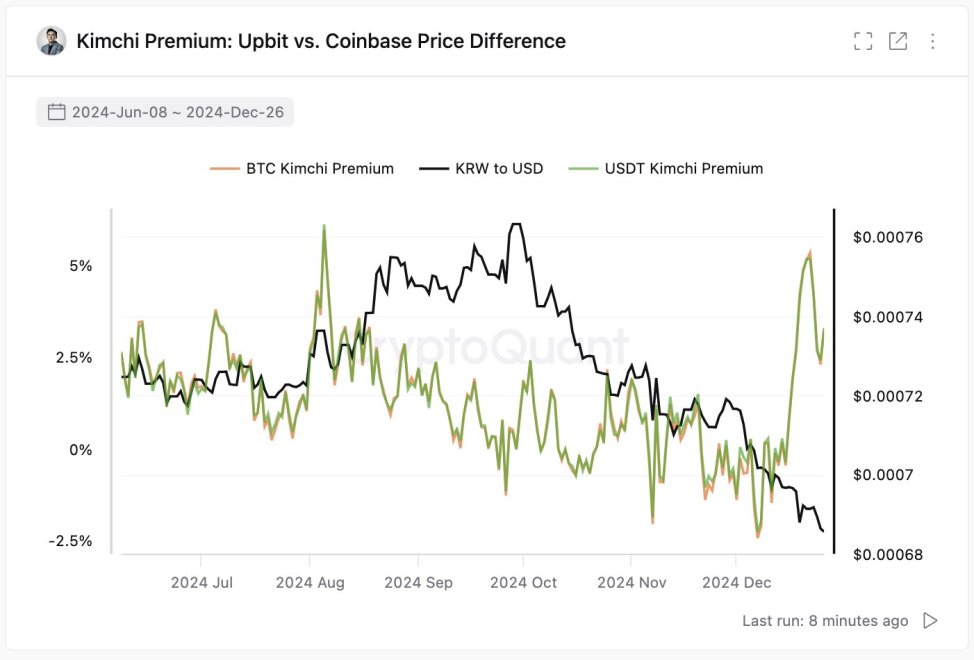

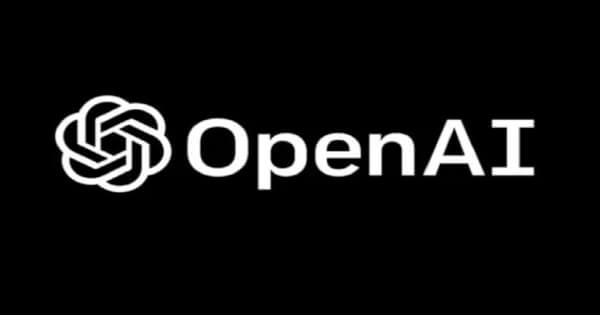
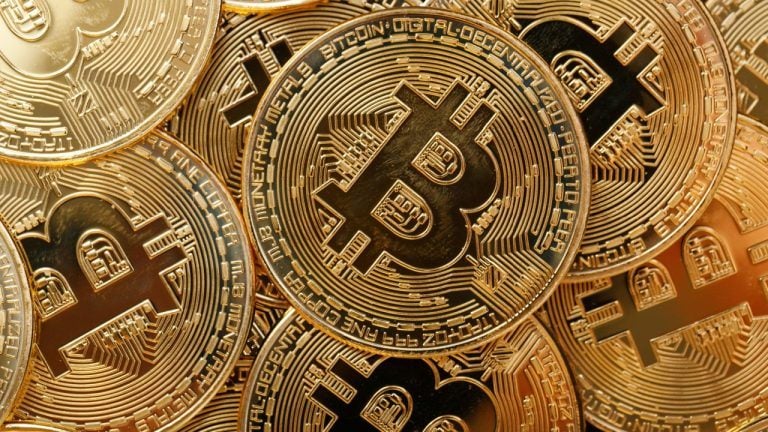

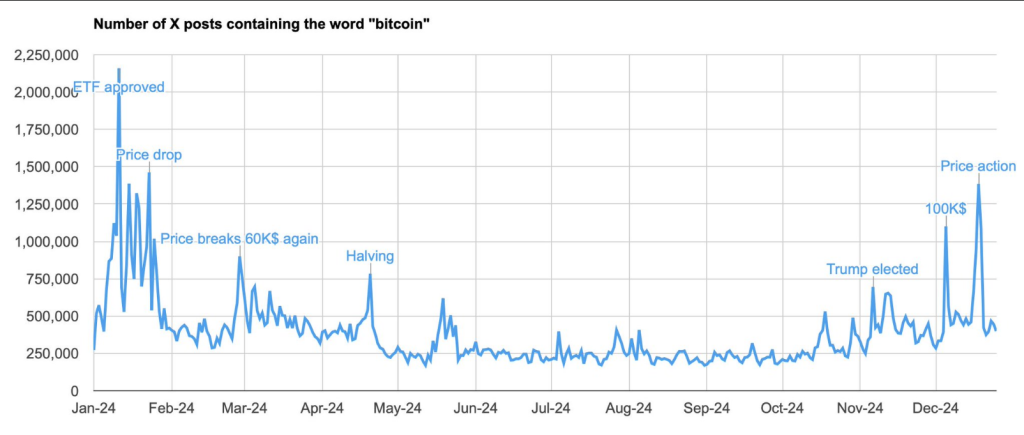

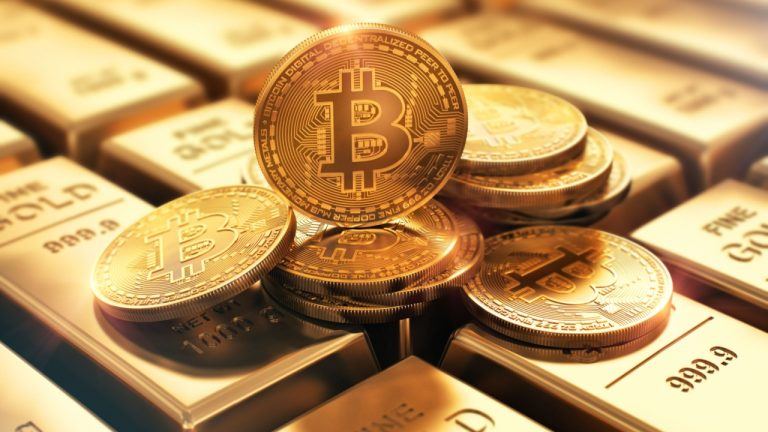
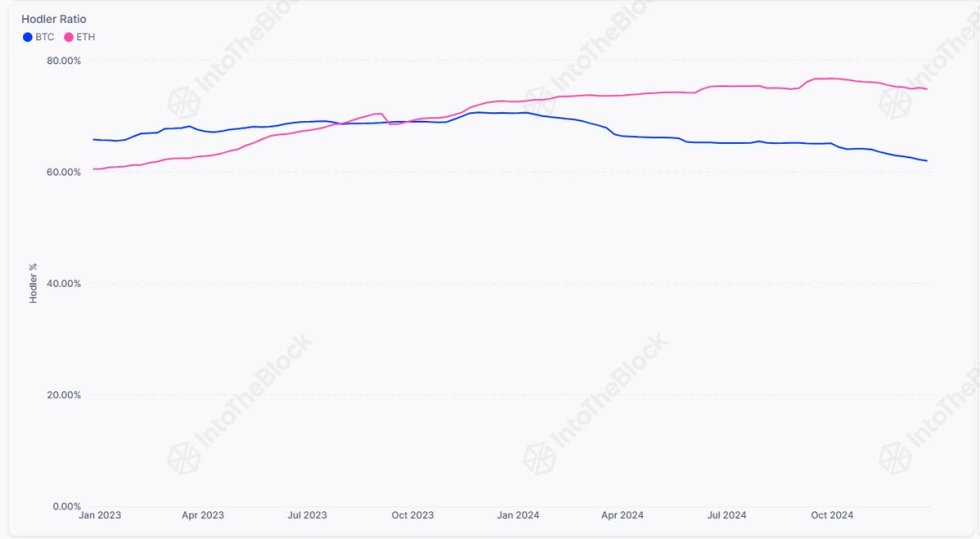



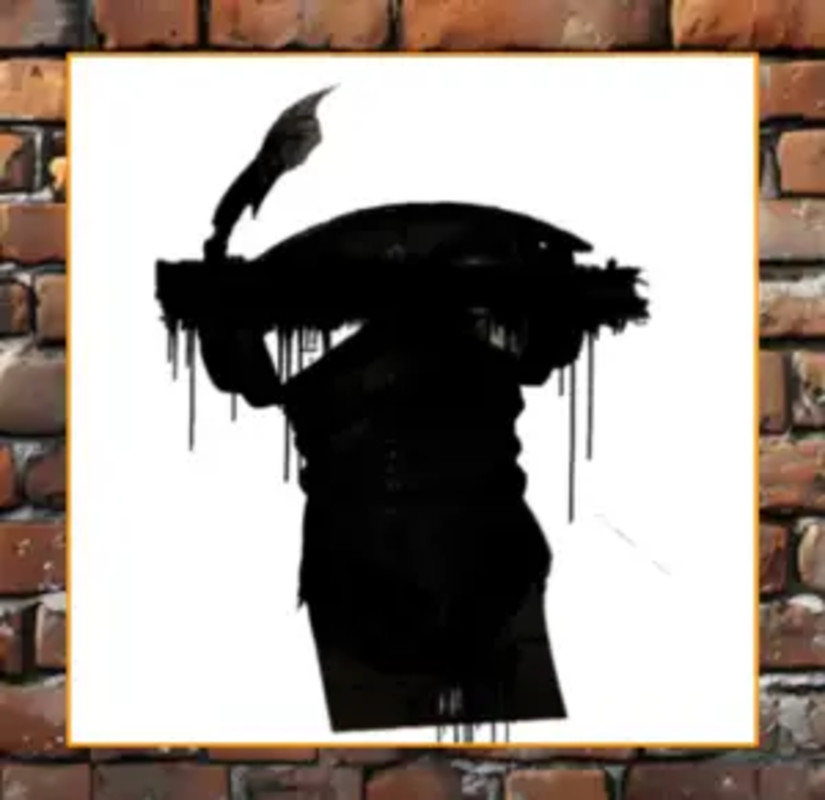

Comments